Launched at FAO Headquarters, the Right to Food and Nutrition Watch 2016 warns seeds and biodiversity are under threat as a result of the increasing corporate capture and the states’ neglect.
Gathering the views of civil society organisations, social movements and scholars the world over, the renowned publication exposes how business seeks to privatise, monopolise and control seeds by patenting and commodifying this very source of life at the expense of peoples’ human rights and the maintenance of biodiversity. Peasant seeds systems, which feed the world and are resilient in times of natural disasters, are at risk.
Under the premises of a human rights approach, seeds and breeds are not a commodity that peasants buy and sell, nor are they a scientific invention. “As echoed by the Watch, rural people’s access to seeds and breeds should not be framed as access to commodities (or ‘genetic material’) produced by industry and science, but as an evolving and collective relationship to nature in any given territory. This means that peasant systems, which underpin agricultural biodiversity, should be recognised, protected, and promoted by states. The criminalisation of those who defend the commons, currently on the rise, needs to stop,” stresses Sofia Monsalve, FIAN International’s Secretary General.
Some highlights from the Right to Food and Nutrition Watch 2016, titled ‘Keeping Seeds in Peoples’ Hands’:
- Peasant seeds systems, which have fed most world population for centuries, are endangered by the imposition of intellectual property rights and patents. Their rights to save, use, exchange and sell seed have been increasingly neglected by states in order to advance a corporate agenda. Seed and agrochemical transnational corporations (TNCs) seek to privatize, monopolize and control this source of life at the expense of human rights and the maintenance of biodiversity. Recent trends, such as the new round of giant mergers – Bayer with Monsanto, Dow Chemicals with Du Pont and Syngenta with ChemChina, to name but a few, show that corporations are aiming for a tighter grip on genetic resources to reap even larger profits.
- TNCs, often with the support of states, are driving processes of environmental degradation, climate change, and biodiversity loss, inducing violence, conflicts, evictions, and displacements. The corporate food regime is leading to the disintegration of small-scale farming and small-scale fisheries as sustainable livelihoods, and to the destruction of collective ways of managing seeds, land and natural resources as commons.
- Access to and control over seeds and natural resources are directly related to the rising levels of criminalisation and killings of human rights defenders. Only in 2015, more than three people were killed every week defending their land, forests and rivers against destructive industries. The fact that the criminalisation of human rights defenders is increasingly associated with environmental struggles gradually blurs the line between environmental and human rights struggles.In its recommendations, it emphasises:
- States must thus step up and fulfil their human rights obligations by adopting stronger policies and laws that recognise and protect peasants’ rights to save, use, exchange and sell seed, as found in the FAO Seed Treaty and currently debated in the negotiations for a UN Declaration on the Rights of Peasants and Other People Working in Rural Areas. We also need to re-think the contours of the right to food and nutrition so as to better integrate new challenges with regard to control of, and access to, natural resources.
- There is a need for coordinated ‘warning systems’ to support victims and activists that are being harassed, criminalised, and imprisoned for defending the commons. The alarming number of killings and acts of violence vis-à-vis human rights defenders shows that current laws and mechanisms at national and international levels are insufficient.
- As echoed by last year’s edition ‘People’s Nutrition is Not a Business’, States need to prevent corporate influence in international processes (such as the SDGs) and corporate capture of public policy-making. The human rights agenda is being perverted by those defending the privatisation and commoditisation of resources.You can access the Watch here.For further information, please contact Alejandra Morena
For media enquiries, please contact Alex del Rey
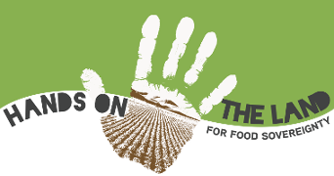
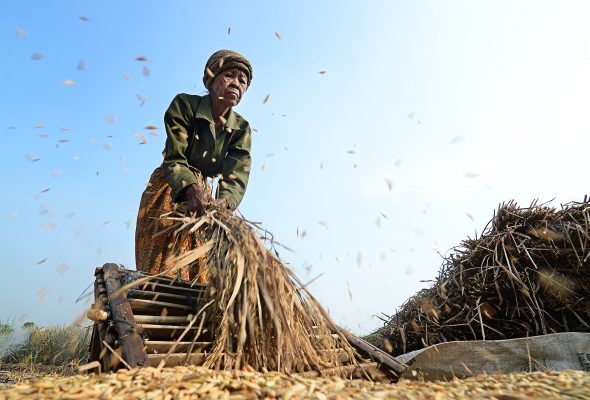



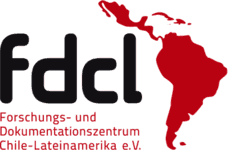

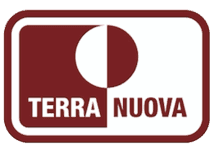





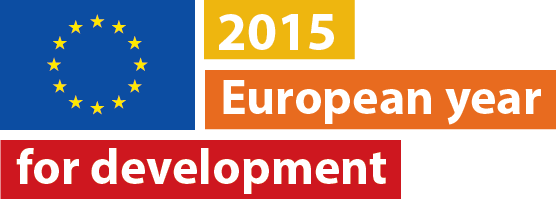
 This campaign is financially supported by the European Commission. The views expressed herein are not of the EC.
This campaign is financially supported by the European Commission. The views expressed herein are not of the EC.